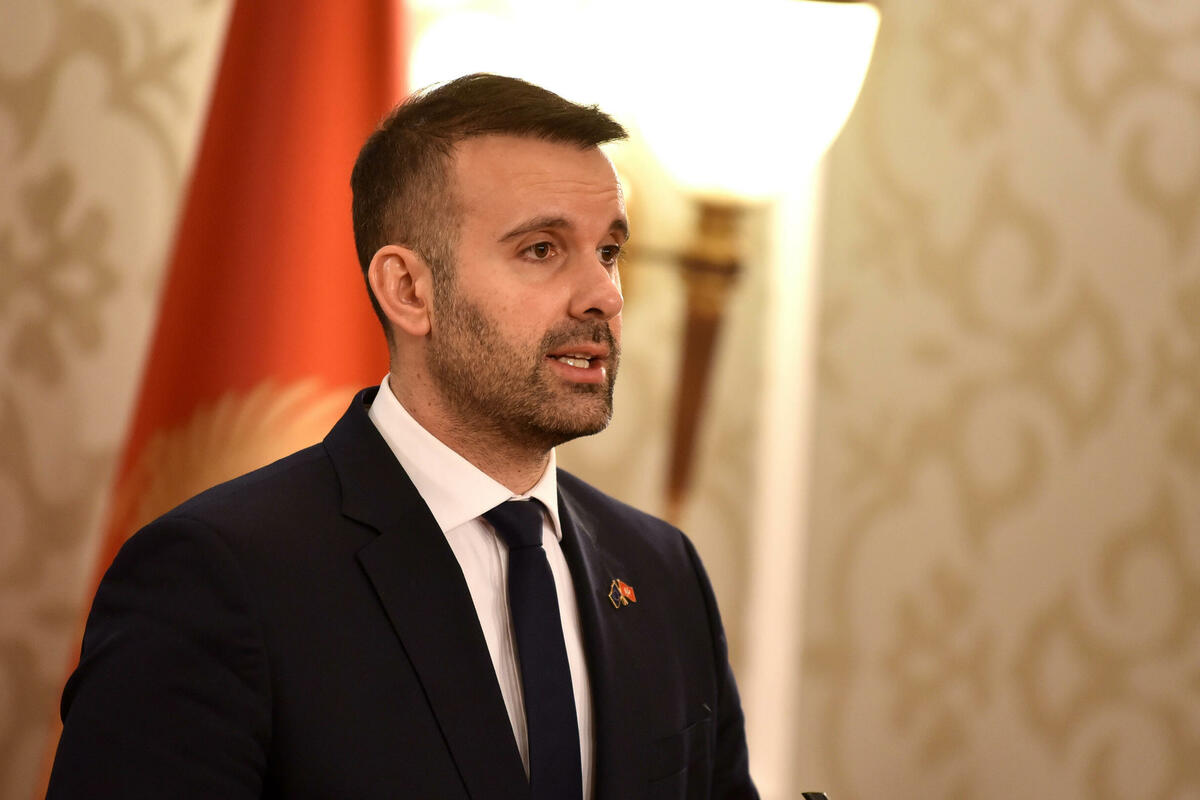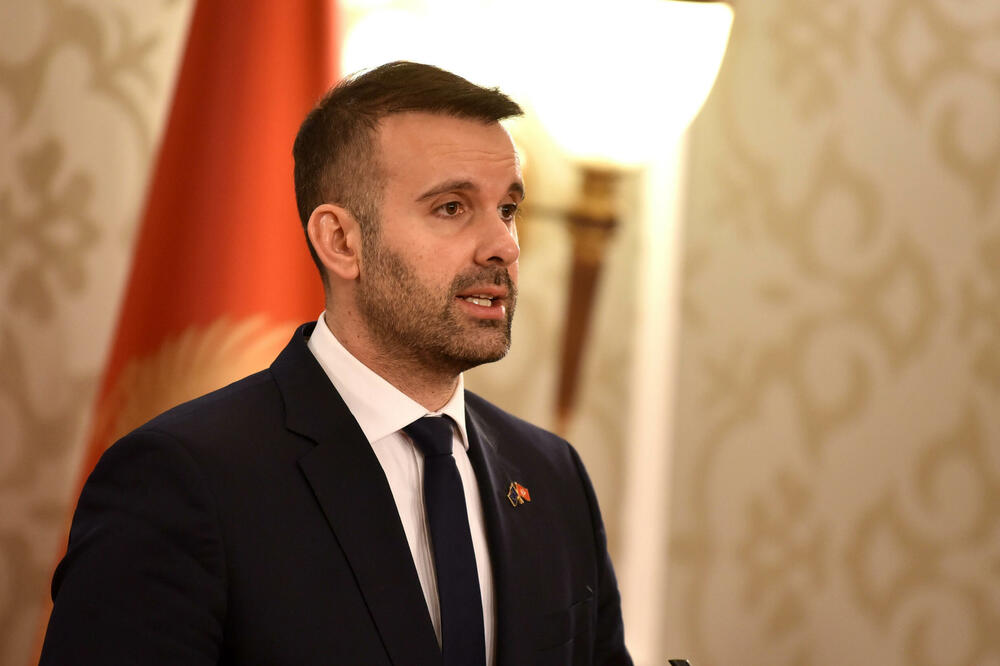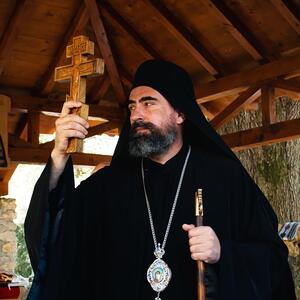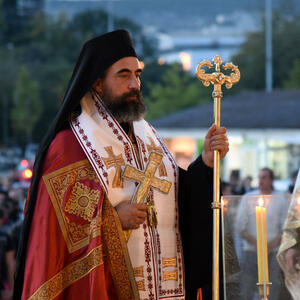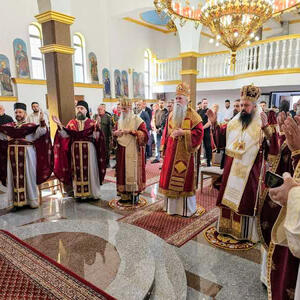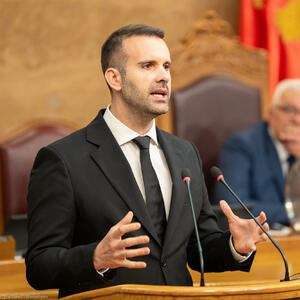Montenegrin Prime Minister Milojko Spajić stated that he does not take advice from clergy on matters of history, politics, finance, economy, sports, and music. He emphasized that Montenegro is a secular state and everyone should mind their own business. Spajić commented on statements by representatives of the Montenegrin Orthodox Metropolitanate who revise history, noting that these statements are not religious in nature and have confused the public. He also spoke about the work of the Parliament and sanctions against government members, stressing that deputies should first sanction themselves for failing to pass decisions.
Political Perspectives:
Left: Left-leaning outlets emphasize Spajić’s defense of secularism and the separation of church and state, highlighting his rejection of clerical interference in political and economic matters. They often frame the church’s historical revisionism as a distraction from pressing social issues.
Center: Center-leaning sources report Spajić’s statements factually, focusing on the secular nature of Montenegro and the political dynamics between the government and religious institutions. They present the issue as part of ongoing debates about national identity and governance.
Right: Right-leaning media may stress the importance of respecting religious institutions but acknowledge Spajić’s stance on maintaining state secularism. Some narratives might criticize the church’s involvement in politics but also call for dialogue between the state and religious leaders.
